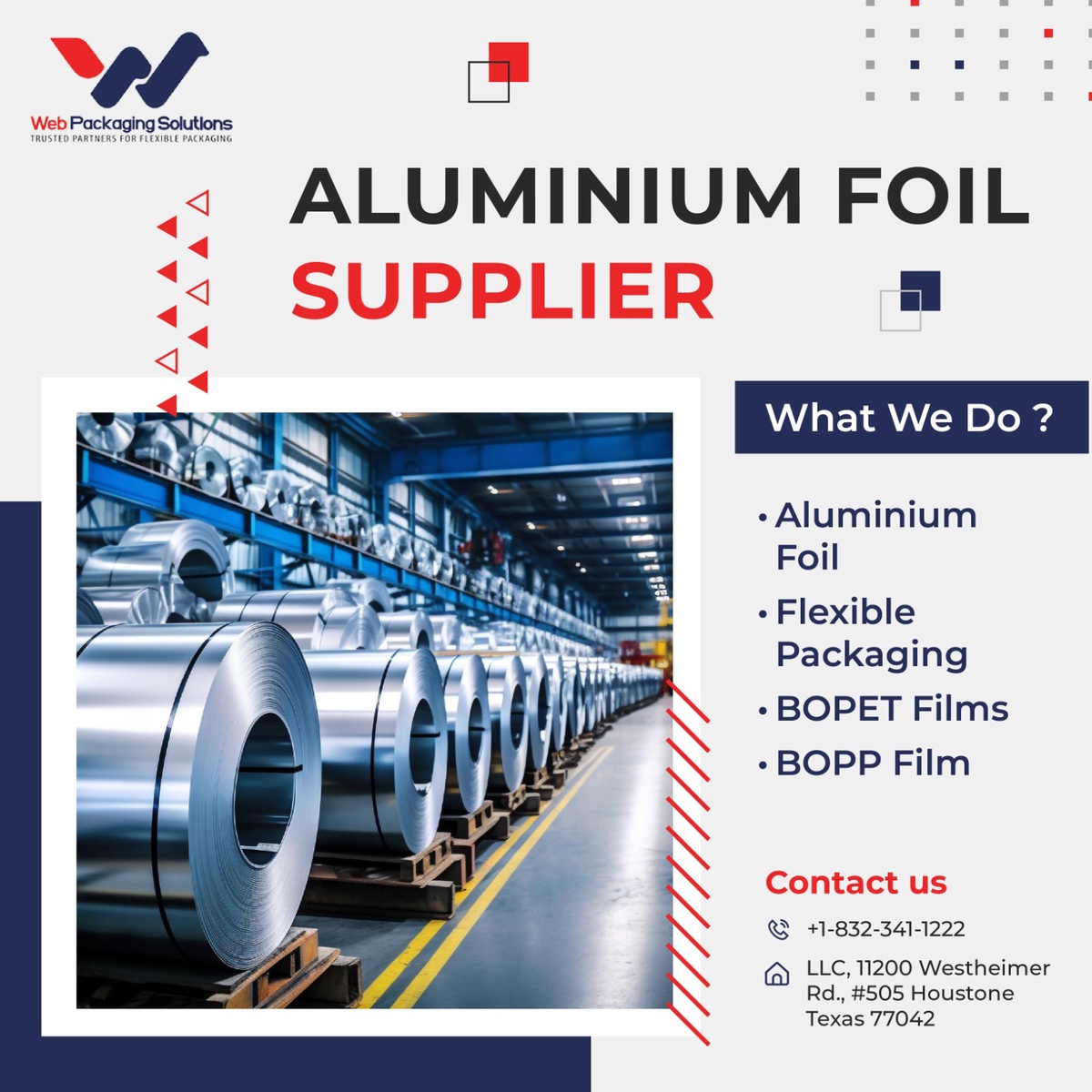Taxes play a significant role in shaping the business landscape, and the flexible packaging industry is no exception. As governments worldwide grapple with fiscal policies aimed at revenue generation and societal objectives, understanding the implications of taxation on flexible packaging is crucial for businesses operating in this sector. we'll explore the regulatory landscape, implications, and strategies for navigating taxation in the flexible packaging industry.
Understanding Tax Regulations
Taxation in the flexible packaging industry encompasses various levies, including sales tax, excise tax, and import/export duties, among others. The specific regulations governing these taxes can vary significantly from one jurisdiction to another, making compliance a complex endeavor for multinational companies and small businesses alike.
Sales tax, for example, is typically levied on the sale of goods and services at the point of purchase. However, exemptions or reduced rates may apply to certain types of flexible packaging materials or products based on local regulations and incentives aimed at promoting sustainability or economic development.
Excise taxes, on the other hand, may be imposed on specific types of packaging materials or products deemed to have environmental or health-related impacts. For instance, some jurisdictions levy excise taxes on single-use plastics or non-recyclable packaging materials as part of broader efforts to mitigate environmental pollution and encourage the adoption of more sustainable alternatives.
Import/export duties are another consideration for businesses engaged in international trade, as they can significantly affect the cost competitiveness of flexible packaging materials and products in global markets. Understanding the applicable tariffs, customs procedures, and trade agreements is essential for optimizing supply chain efficiency and managing costs effectively.
Implications for Businesses
The implications of taxation on flexible packaging can be multifaceted, impacting various aspects of business operations, including pricing, profitability, and compliance. Higher tax rates or regulatory burdens may increase production costs, which can ultimately be passed on to consumers through higher prices for packaged goods.
Moreover, taxation policies that favor certain types of packaging materials or production methods may influence market dynamics and consumer preferences, thereby shaping investment decisions and product innovation strategies within the flexible packaging industry.
From a compliance perspective, staying abreast of evolving tax regulations and ensuring accurate reporting and remittance of taxes are essential to avoid potential penalties, audits, and reputational risks. This requires robust internal controls, ongoing monitoring of legislative developments, and engagement with tax advisors and industry associations to navigate the complex regulatory landscape effectively.
Navigating Taxation Challenges
Navigating taxation challenges in the flexible packaging industry requires a proactive and strategic approach that considers both regulatory compliance and business objectives. Here are some key strategies for addressing taxation challenges effectively:
Engage with Regulatory Authorities: Establish open lines of communication with tax authorities to seek clarification on regulatory requirements, obtain guidance on compliance best practices, and proactively address any concerns or discrepancies.
Optimize Supply Chain: Evaluate the tax implications of different sourcing and manufacturing strategies to optimize supply chain efficiency and minimize tax exposure. Consider factors such as sourcing from low-tax jurisdictions, leveraging preferential trade agreements, and optimizing inventory management practices.
Invest in Technology: Implement robust accounting and tax compliance systems supported by advanced technology solutions to streamline reporting processes, enhance data accuracy, and facilitate real-time monitoring of tax liabilities and obligations.
Monitor Legislative Changes: Stay informed about changes in tax laws, regulations, and industry standards that may impact the flexible packaging industry. Actively participate in industry associations and advocacy groups to advocate for policies that support business interests and promote regulatory clarity and consistency.
Collaborate with Stakeholders: Collaborate with industry peers, customers, and suppliers to share best practices, benchmark performance, and collectively address common taxation challenges. By fostering collaboration and knowledge-sharing, businesses can strengthen their resilience and adaptability in the face of evolving regulatory environments.
Conclusion
In conclusion, taxation is a critical consideration for businesses operating in the flexible packaging industry, with implications spanning pricing, profitability, compliance, and market dynamics. By understanding the regulatory landscape, anticipating challenges, and implementing proactive strategies for navigating taxation effectively, businesses can mitigate risks, optimize opportunities, and maintain a competitive edge in an increasingly complex and dynamic business environment.


No comments yet